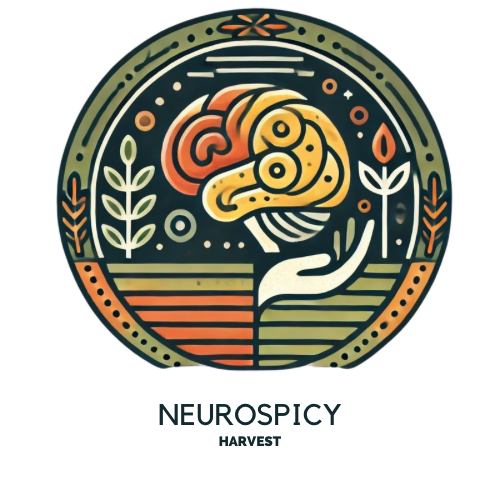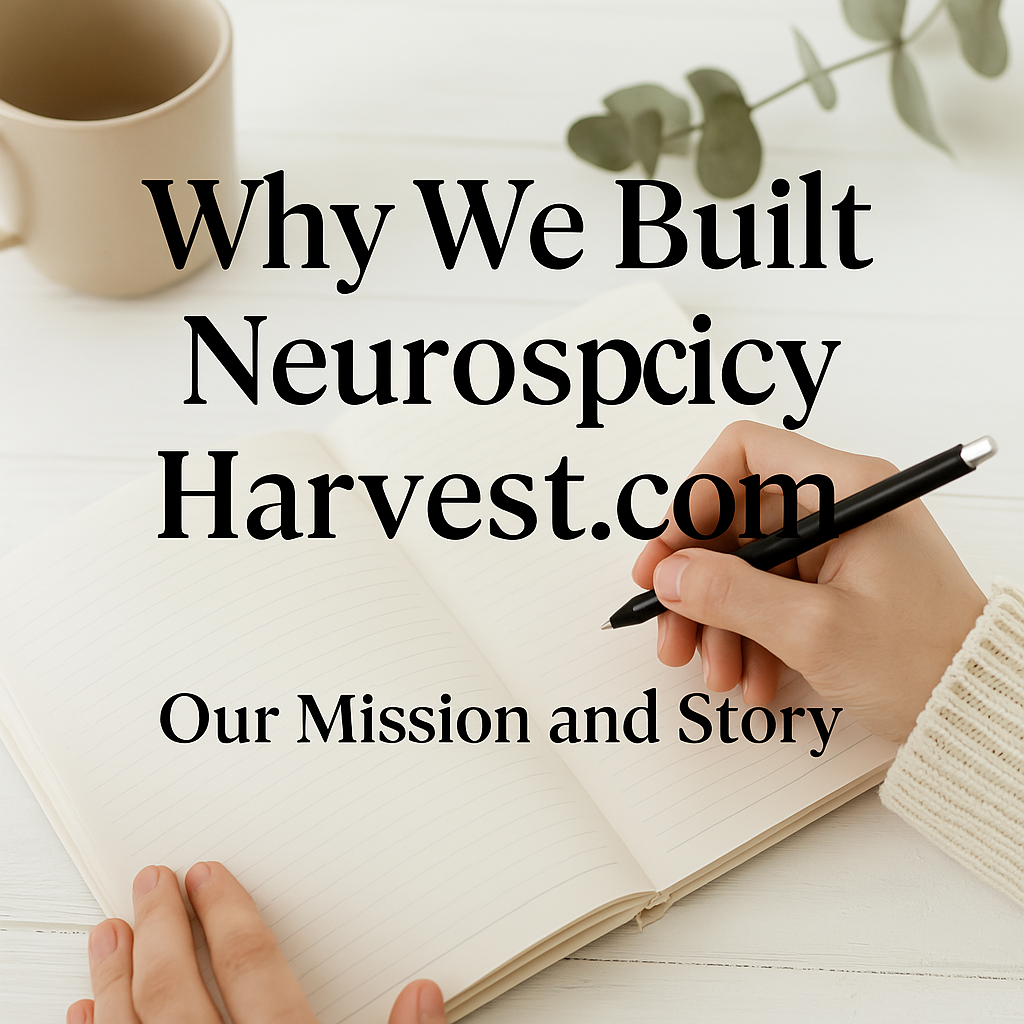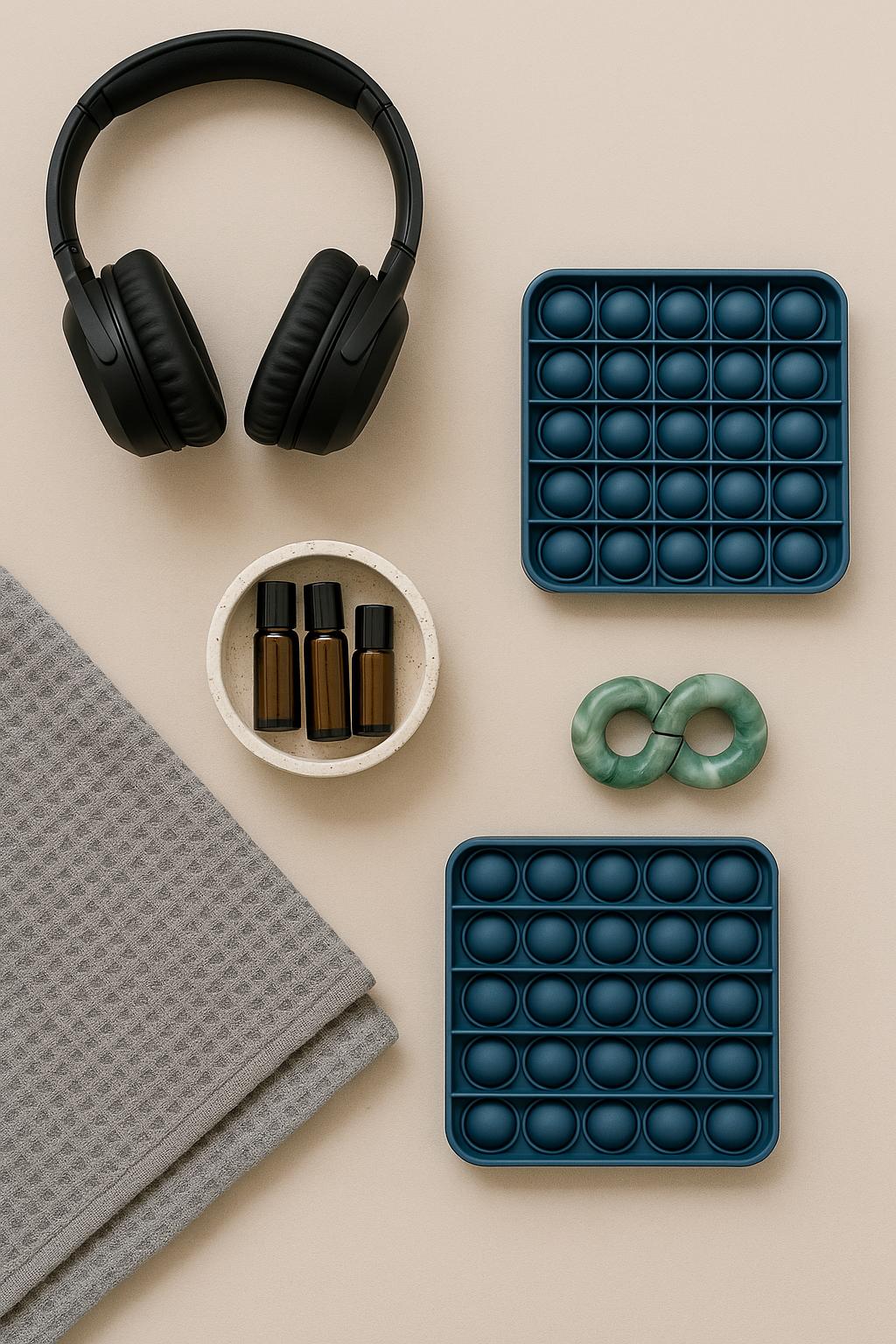Introduction
Dialectical Behaviour Therapy (DBT) isn’t just for therapy rooms, it’s a toolbox you can carry with you throughout life. Whether you’re neurodivergent, overwhelmed, or just navigating daily stressors, DBT skills offer practical ways to stay grounded, manage emotions, and make empowered choices.
Today, we’re sharing 3 DBT skills you can start using right now, no special equipment, training, or therapy degree needed.
🌬️ 1. STOP Skill
Use it when: Emotions are taking over and you’re about to react impulsively.
What it is:
STOP stands for:
- S – Stop what you’re doing.
- T – Take a step back (breathe, walk away if needed).
- O – Observe what’s going on inside and around you.
- P – Proceed mindfully, with intention.
Why it works:
This skill interrupts the emotional autopilot. It gives your brain a moment to catch up to your body and helps you respond instead of react.
Try it:
Next time you feel the urge to send a fiery text, lash out, or spiral, pause. Breathe. Notice your surroundings. Then choose your next move.
🧠 2. Wise Mind
Use it when: You feel torn between logic and emotion.
What it is:
Wise Mind is the balance between:
- Emotion Mind – impulsive, reactive, feelings-driven
- Reasonable Mind – logical, factual, analytical
Wise Mind is your inner compass—the space where your intuition and logic work together.
Why it works:
It helps you make decisions that honour both your values and reality. It’s particularly helpful in emotionally charged situations.
Try it:
When faced with a decision, ask:
“What would my Wise Mind say?”
If Emotion Mind says “Quit everything” and Reasonable Mind says “Just push through,” Wise Mind might say “Take a break, regroup, and plan.”
💧 3. TIP Skill (Body-Based Regulation)
Use it when: You feel overwhelmed by anxiety, panic, or rage.
What it is:
TIP uses biology to reset your nervous system fast:
- T – Temperature: Cool your body (cold water, ice pack on neck/face).
- I – Intense exercise: Run in place, jump, or do a fast-paced walk.
- P – Paced breathing: Slow inhale (4 secs), slower exhale (6 secs).
Why it works:
These actions tell your body it’s safe again. They regulate your nervous system from the bottom-up, especially effective when words don’t help.
Try it:
Keep a cold water bottle or ice roller in the fridge. When you’re on the edge, use TIP for 3 minutes and notice the shift.
🌱 Final Thoughts
DBT isn’t about being perfect—it’s about having the skills to stay present, handle life’s curveballs, and respond with intention. Whether you’re dealing with emotional intensity, sensory overload, or decision fatigue, these three skills can give you back a sense of control.
💡 Start small. Practice one skill at a time. And remember, your brain is trainable, you’re building muscle memory for calm.
💬 What’s your go-to DBT skill?
Share your experience in the comments or explore more on our blog.
Written by: Leslie
Leslie is a psychological therapist specialising in DBT. She’s passionate about supporting neurodivergent individuals and families with practical tools and mindful care. Learn more here.






